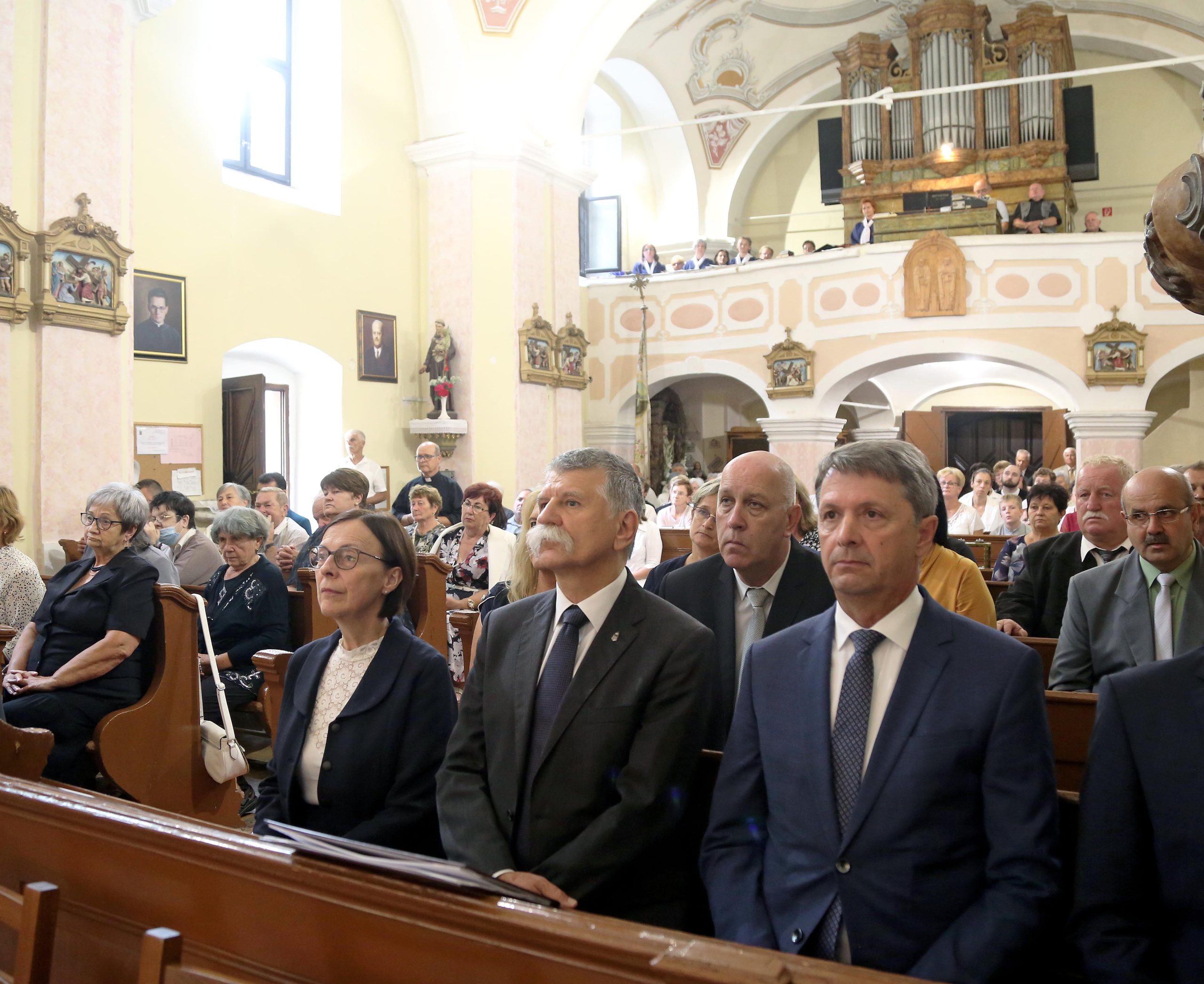
László Kövér addressed Kurultaj, the tribal assembly of Hun-Turkic peoples.Continue reading

Speaker of the Parliament László Kövér praised the cooperation between the state and the church at an event, stressing that people are seeking the services of Christian churches.
The cooperation between the state and the church in Hungary is not only reflected in statistics, it is apparent in everyday life, according to the Speaker of the Parliament.
László Kövér addressed the inauguration and consecration of the expanded Saint Pio community house St. Peter and Paul Parish in the village of Páka, in western Hungary on Sunday.
The politician recalled that during the last 12 years (since Viktor Orbán’s Fidesz-KDNP coalition has been governing Hungary), the churches received 1267.5 billion forints (3.1bn euros) worth of support and 814.5bn of that was allocated to the Catholic Church. More than three thousand, mostly Catholic churches have been renovated and another two hundred were built in Hungary and regions with a large Hungarian population in the Carpathian Basin.
Kövér warned that the proclamation of godlessness always leads to inhumanity, “the Übermensch who thinks he is God, the man who thinks he is superior, always leads his fellow human beings into tyranny, nihilism, and bloodshed.” Christian churches, he said, are the target of a constant campaign of slander, “trying to isolate them from the people by destroying them from inside and outside.”
“And they want to abolish the public authority, the nation state, which is supposed to defend the public interest,” he noted, adding that “all this is being done by those who are unscrupulous enough to attempt to sacrifice all public interests on the altar of their own private interests.”
“The family, and religious and national communities can provide the strongest spiritual and material security, and this conviction has guided the Hungarian state’s family policy, church policy and national policy since 2010,” Kövér explained. According to the Speaker of the Parliament, people are seeking the services of the churches, and since 2010, the number of students attending church education and training institutions has doubled, reaching 240,000.
Featured photo via MTI/Filep István